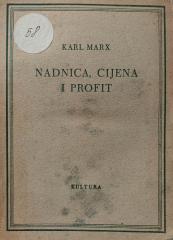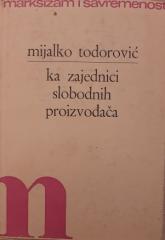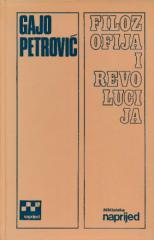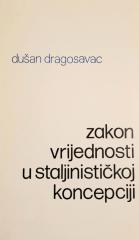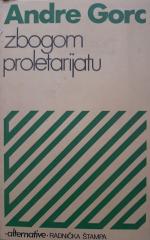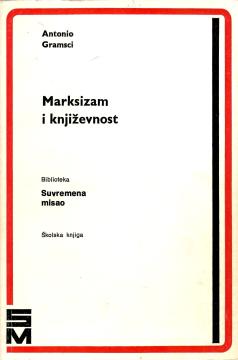
Marksizam i književnost
Antonio Gramsci, an Italian Marxist philosopher, deeply reflected on the role of culture and literature in society. The works in this collection, selected by Vjekoslav Mikecin, provide insight into his analysis of the relationship between Marxism and lite
Gramsci introduced the concept of cultural hegemony to explain how the ruling class maintains its dominance not only through political and economic power, but also through the control of cultural norms and values. Literature, as part of the cultural sphere, plays a key role in shaping and maintaining these values. According to Gramsci, the ruling class uses literature and art to promote its ideas as "common sense" and universal, thereby ensuring the acquiescence of the oppressed classes to the existing order.
Gramsci criticized the reductionist approach that views literature exclusively through the prism of economic factors. While he acknowledged the importance of material conditions, he believed that literature has a relative autonomy and that cultural elements play a key role in shaping social consciousness.
Gramsci's reflections on literature provide profound insights into the complex relationship between culture, power, and social change. His work emphasizes the importance of literature as a means of understanding and potentially transforming social structures, highlighting the role of intellectuals in shaping and challenging cultural hegemony.
No copies available
The last copy was sold recently.
